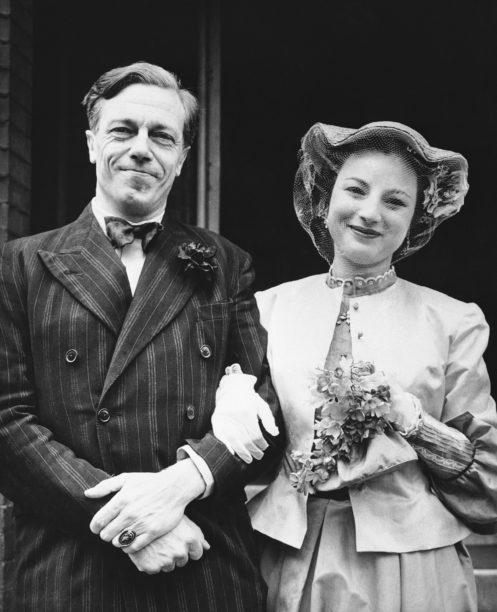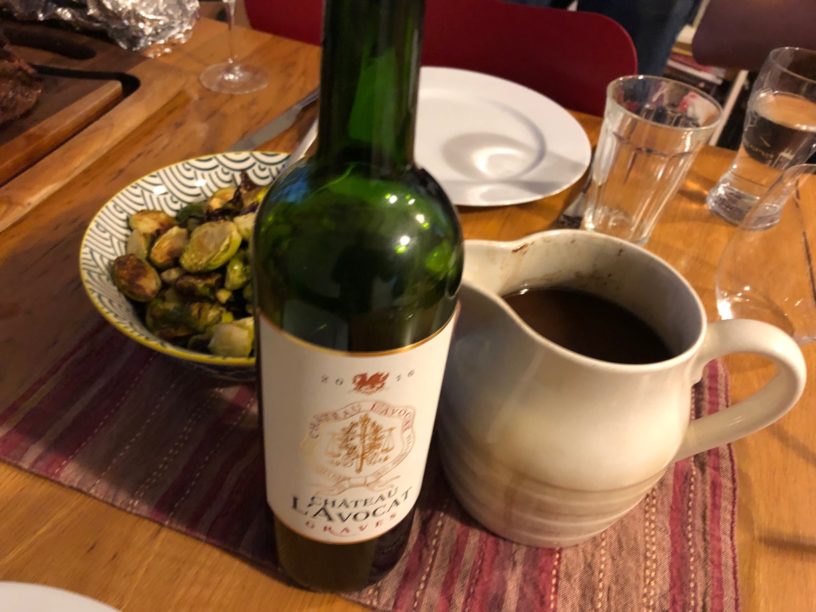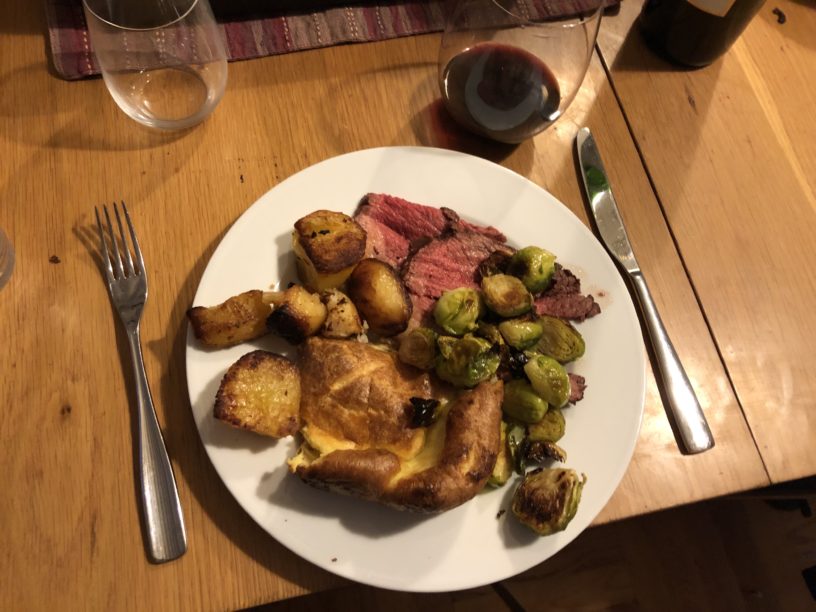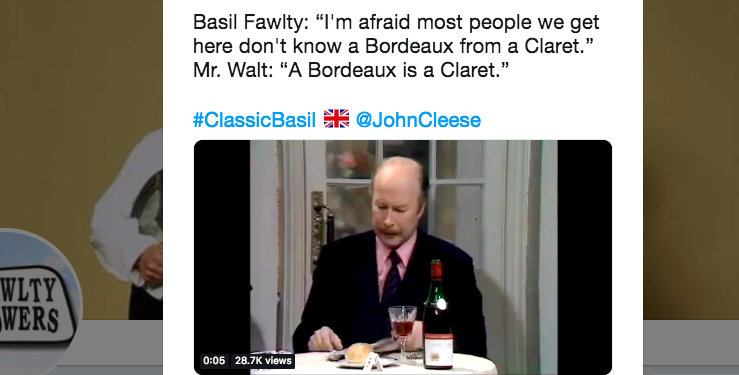As everyone who knows me has been repeatedly informed, my favorite books in the world are the Cazalet Chronicles, a series of five books written by the recently (2014) deceased English writer, Elizabeth Jane Howard.
The Cazalet series follows the Cazalet family: repressed, upper-middle class, generally attractive timber merchants from Kent, and really, I ask you, knowing this, do you not now just want to know everything about these people? It starts in the 1930s with The Light Years and leaves them off in the 1950s with All Change. Over the course of the series, some characters grow from infants to adults, others from adults into corpses. The Cazalets breed, they go to war, they return from war, they come out of the closet, they cheat on each other, they are alternately good at and terrible at selling lumber, they cheat on each other some more. A review of these books states, “Howard’s brilliance lies in her forensic depiction of sexual and emotional loneliness.” I agree. It should surprise no one that the Cazalets drink a lot of claret:



Now, I have drunk claret before. Very likely so have you, because claret is just what English people used to call red wine from Bordeaux. Put more simply, if you have had a red wine from Bordeaux, generally a combination of cabernet and merlot, perhaps with some cabernet franc and petit verdot (and possibly a bit of malbec or carmenère) you have had claret. I want to pause here just because this might all sound confusing and it’s really not, it just requires a bit of explanation. Mostly all anyone needs to know about Bordeaux/claret is that it’s principally cabernet sauvignon and merlot. Cabernet franc and petit verdot are likely to be added, the former for zip and the latter for color and depth. Malbec and carmenère are legally permitted additions (in France they are very particular about their region names and the varieties that go into them) but honestly unless you are going to make a career out of this, I wouldn’t worry about it.
What’s important here, anyway, is that as a fan of the Cazalet series and of English literature in general I have always longed for an opportunity to say “Please open another bottle of claret” and “Pour me a bit more claret, would you, poppet” and, most of all, “I’ve brought over a very nice claret.” Sadly, the English are not the sort of people one goes to with earnest requests, especially about matters of Englishness. “Please stage an event for which comments about claret might be suitable” is not a thing a nonmasochist says to an English person. No, indeed, like most things in life one wishes for, I was just going to have to wait for the right claret-orientated opportunity.
Years passed. I read the Cazalet series again, and again, and listened to the audiobooks, read by an actress named Jill Balcon, who is Daniel Day-Lewis’s mother. She remained friends with Elizabeth Jane Howard even after the writer slept with her husband, poet Cecil Day-Lewis. (“I tried, but I didn’t have the strength to resist him,”’ Howard said of Day-Lewis to his biographer. “I would defy any woman to resist him.”) I saw a photo of the guy, he looks resistible. That said, charisma is a hell of a drug. What do you think?

Then, one day, I met a wonderful English person, with a wonderful English husband, and a lovely family, casual in their manners but steadfast in their traditions. “You should come over for Sunday roast,” my friend said. I was just beside myself. “Oh my God,” I exclaimed. “I get to bring over a bottle of claret, just like they do in all the books I have read.”
My friend laughed and said that this was correct, I absolutely did.
There was a time when I wanted to know everything about wine, and then I realized so many other people knew a lot about it that it was probably fine and even advisable that I didn’t. I have also discovered that you can really be as enthusiastic and dorky with wine store clerks as you want about what your wine is for, and what purpose you want it to serve, and mostly, they will be delighted (and if they are not you can go elsewhere, and find someone willing to endure your monologue, provided it is short). Anyway, I said to the man behind the counter at this particular store, “Hello, I am your basic annoying American who has read a lot of English novels and I have been invited by real English people for lunch on Sunday and I want to bring a claret.”
The man clapped his hands together. “Oh, it’s so long since I have had a Sunday roast,” he said. “You must be over the moon.”
Realizing I had come upon the perfect person for this moment, I allowed that I was, indeed, beyond thrilled. I told him that even though I knew that Americans now made wines which they called clarets which contained the varieties that go in claret (see above) I really wanted to bring a French

The meal was one of the best I’ve ever had: roast beef, roasted potatoes, Yorkshire pudding, brussels sprouts, carrots, and kale. There was some debate between the hostess and another guest whose mother is English, but who now lived in Albany, as to whether Yorkshire pudding had to be fluffy or not. Our Yorkshire pudding was not fluffy but tasted just right, I mean, it’s flour and eggs and fat—how could you go wrong? That said, I’d be happy to taste a fluffier one too; please invite me, I’m free Sunday. The roast beef was jewel pink and perfect. The English have extensive practice at roasting beef, given they have been doing it every Sunday for centuries. I must have eaten a pound of it,

The wine store guy was right. The wine was fruity but not overbearing, a fine and sturdy match for the metric tonnes of fat we were all eating. I may have had better claret in my life but on that hypothetical occasion, 1. I was not around people who would have allowed me to call it claret so much, and I was well indulged by this group and 2. I did not pay for it myself.
As we ate and my dining companions praised the claret, I attempted to take advantage of this small window of interest to instruct everyone not to buy cheap claret/Bordeaux. Like, you can get a decent bottle of many other wines for under $15, but do not try that with Bordeaux. Do not randomly drink it in a bar that’s just a shitty bar and not a wine bar. Bad Bordeaux tastes awful, like bad California wine with dust mixed into it.
As it happened, no one really gave a shit about this, not for very long, and so the conversation shifted to Kate Beckinsale and legal
I must add that Howard was married to Kingsley Amis for over 20 years, but when she got to be in her 60s she decided that instead of spending the rest of her life picking him off the floor and saying, “Hahaha surely Kingsley didn’t mean that, oh there’s the kettle, goodbye!” as she walked out the door of every single party they attended, she’d be better off repairing to her own home and writing the Cazalets. I am so grateful to her for leaving Amis, as it can’t have been easy (I am sure he could be very charming when he wanted to be, and she did love men), because these books have made me laugh out loud and sob piteously in equal measure, and get better every time I read them. Invest in a decent claret, pour yourself a big glass of it and pick up The Light Years on some rainy evening. Elizabeth Jane Howard did us all such a big favor, and it’s the least we can do in return.






